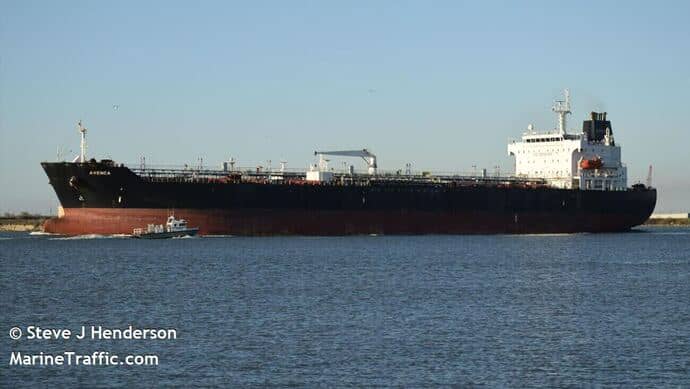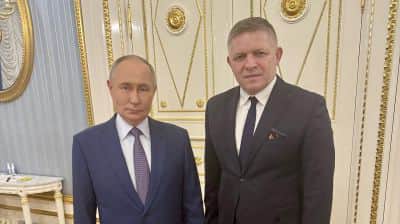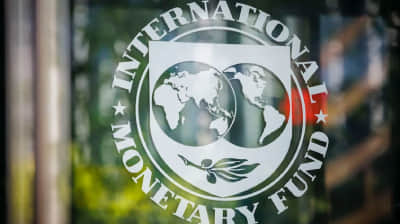US Naval Station Norfolk hosts tanker with Russian oil products, bypassing embargo

Naval Station Norfolk, the main naval base of the US Navy on the east coast of the country, hosted a tanker on 7 December that delivered 50,000 tonnes of Russian oil products to the facility on a direct voyage from Novorossiysk.
Source: the monitoring group of the Black Sea Strategic Studies Institute and BlackSeaNews
Quote: "On 7 December 2023, at 02:40, the tanker AVENCA, IMO 9410002, delivered 50,000 tonnes of Russian oil products on a direct voyage from ... Novorossiysk. And the main humour is, where? But here – Naval Station Norfolk, is the main naval base of the US Navy on the east coast of the country, located in the southeastern part of Hampton Roads Bay at the exit from Chesapeake Bay to the Atlantic Ocean," the message reads.

Details: As the experts of the monitoring group say, the tanker left Novorossiysk on 13 November 2023. The vessel is owned by the Ship manager/Commercial manager CHEMIKALIEN SEETRANSPORT GMBH Mattentwiete 1, 20457, and is registered in Hamburg, Germany.
At the same time, the monitoring group emphasises that both the US and Germany are participants in the embargo against Russian oil exports, which was introduced on 5 February 2023.
In turn, Naval Station Norfolk is the main base port for four US strike aircraft carrier groups and the ships included in their composition.
The Norfolk base is home to the main forces of Fleet Forces Command, formerly Atlantic Fleet, and integrates the Navy, Marine Corps, and Naval Aviation units and units of the second, fourth, and sixth Navy operational fleets of the USA, which have areas of operational responsibility in the waters of the Atlantic, the Mediterranean Sea and the Indian Ocean.
It is the largest naval base in the world and the largest installation of the US Navy, where 75 warships are located, there are 14 piers and berths, as well as 134 aircraft and 11 aircraft hangars.
Updated: Later, Andriy Klymenko, Head of the Black Sea Strategic Studies Institute, clarified that there was information that the tanker's documents indicated that it might have been carrying a solution of UAN (urea-ammonia mixture), a mineral fertiliser that is not formally subject to sanctions.
"We continue to work on clarifying the cargo. Moreover, the port of Novorossiysk has never specialised in exporting liquid fertilisers by tanker (this was the speciality of the Baltic ports). They are only planning to build such a terminal in Novorossiysk.
Unlike experts and journalists in Western countries, we know that it is not a problem for Russia to falsify anything in contracts or any other documents accompanying cargo, but a common practice. Especially when it smells suspicious..." he added.
Background: In February, the West imposed an almost complete embargo on Russian oil exports, the Kremlin's main source of income.
The embargo does not affect Russia's supplies to third countries, as they are subject to a price ceiling.
According to IEA estimates, the embargo would cost the Kremlin about US$1 trillion in export revenue by 2030, and Russia's share of the global energy market would drop to 13% from 20%. The markets lost to the Kremlin will be occupied by the USA and the countries of the Middle East.
At the same time, a recent investigation by the Washington Post showed that the US military, through a number of intermediaries, buys fuel produced from Russian oil.
On 6 December 2023, Bloomberg reported that Russia's monthly oil revenues this year have become larger than before the invasion.
The price ceiling established by the West also did not work. CREA (Centre for Research on Energy and Clean Air) announced this on 5 December, 2023, after analysing the situation.
The reason for the failure of sanctions, as named by the CREA, was the lack of proper control by the G7 and the EU.
Support UP or become our patron!





